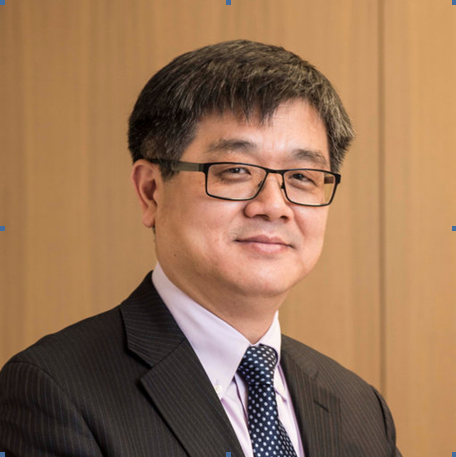演讲嘉宾介绍(三)
王五一博士、美国宝石学院(Gemological Institute of America, GIA)副总裁
王五一博士,毕业于北京大学地学系本科获得学士学位;后留学日本筑波大学,获得博士学位。获得日本学术振兴会研究奖学金于日本东京理工大学进行博士后研究,而后前往美国纽约大学石溪分校继续博士后研究。
2000年进入美国宝石学院,对于钻石地质学、钻石合成、钻石优化处理与鉴定有20年的研究经验。目前任美国宝石学院副总裁负责研究与发展工作。

GIA is uniquely poised to conduct gemological research on a scale that few other organizations can match. Nonprofit GIA continually reinvests its revenues into its research efforts, maintaining fully equipped, state of the art research facilities in Carlsbad (California), New York City, Bangkok and Antwerp. The Institute has unique access to gem-producing localities and a wide range of gem materials, including a database representing the hundreds of thousands of items that are submitted to its laboratories for analysis each year. GIA researchers have academic training from major universities, combined with many years of laboratory experience in gem identification. In conducting gem research, they use a variety of advanced scientific instruments, and collaborate globally with researchers from other facilities, such as the Smithsonian Natural History Museum and the Carnegie Institute in Washington, D.C..
GIA research efforts serve to protect all who buy or sell gems by:
Ensuring accurate and unbiased global standards for determining gem quality
Establishing the grading and identification methods and best practices GIA uses in its laboratories
Informing the curricula of GIAs professional training courses and programs
Developing practical instruments and tools to improve detection at point of sale
A wide of range of gem material – both natural and synthetic - can be found in the marketplace today. There are also a number of natural gems that have been treated to improve their color or appearance. These products have become increasingly sophisticated, and details of the growth or treatment process are not always revealed, a situation that compounds the difficulty of gem identification.
GIA research efforts include the characterization of natural gem materials to understand gem formation, trace element chemistry, causes of color, and geographic origin when possible. Key focus areas include treatment detection and the separation of natural from synthetic gem material.
GIA 具有独特的准备,能够以其他组织无法比得的尺度进行宝石学研究。非营利 GIA 不断将其收入再投资于其研究工作,在卡尔斯巴德(加利福尼亚州)、纽约市、曼谷和安特卫普维护设备齐全、最先进的研究设施。该研究所拥有独特的宝石产地和广泛的宝石材料,包括一个数据库,该数据库表示每年提交给其实验室进行分析的数十万件物品。GIA 研究人员拥有来自主要大学的学术培训,并结合了多年的宝石鉴定实验室经验。在进行宝石研究时,他们使用各种先进的科学仪器,并与其他设施,如史密森尼自然历史博物馆和华盛顿特区的卡内基研究所的研究人员进行全球合作。
GIA 的研究工作有助于保护所有购买或销售宝石的人:
确保准确和公正的全球标准,以确定宝石质量
建立 GIA 在其实验室中的分级和鉴定方法和最佳实践
为 GIA 专业培训课程和 课程的课程提供信息
开发实用的工具和工具,改进销售点检测
如今,市场上可以发现各种各样的宝石材料,包括天然和合成宝石。也有一些天然宝石已被处理,以改善其颜色或外观。这些产品变得越来越复杂,生长或处理过程的细节并不总是被揭示出来,这种情况加剧了宝石鉴定的难度。
GIA 的研究工作包括天然宝石材料的特征化,以了解宝石的形成、微量元素化学、颜色原因以及地理来源(如果可能)。重点领域包括处理检测和天然宝石材料与合成宝石材料的分离。





